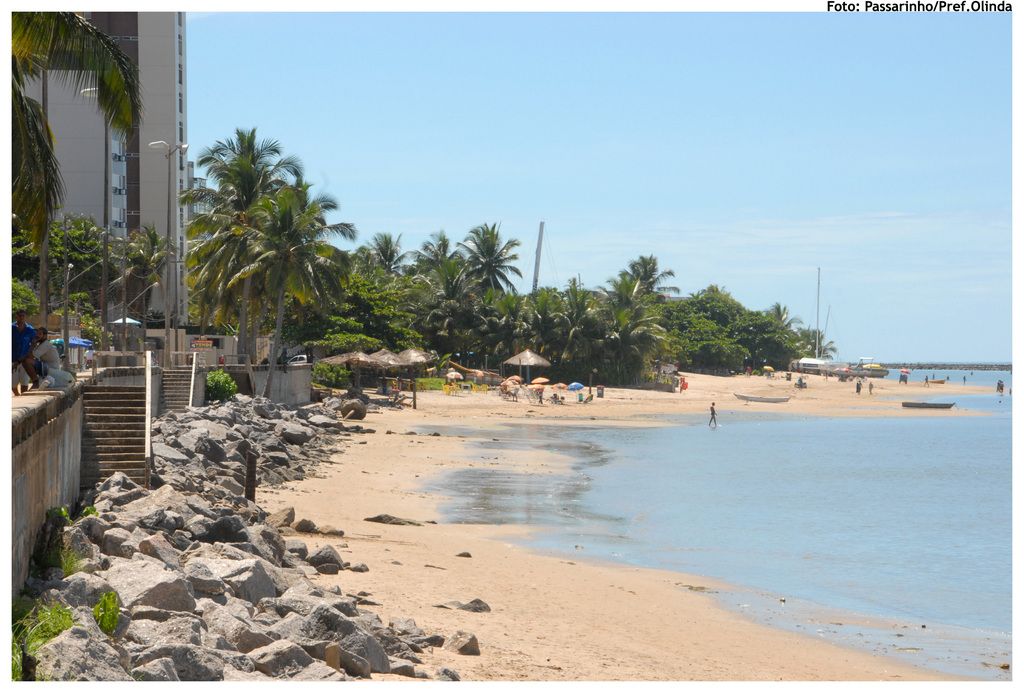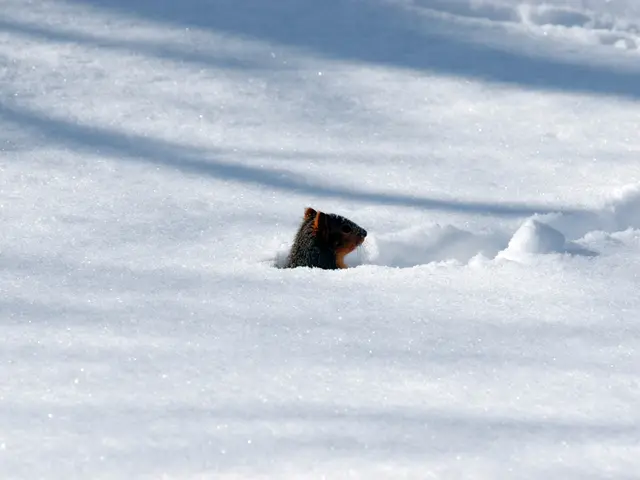Surviving Hosepipe Bans: A Gardener's Guide to Mulching
Before the onset of the hosepipe ban, a gardening expert recommends carrying out this specific action to ensure the well-being of plants during hot weather.
A scorching Summer can be a delight, but it can spell trouble for your precious plants when it comes to watering them. With water restrictions becoming more common, you might find yourself worrying about how to keep your garden thriving during a hosepipe ban. Fear not, we've got a secret weapon for you: mulching.
Mulching is not just a winter gardening trick to protect your plants from frost and weeds; it's also a lifesaver during hot, dry spells. Let's dive into the nitty-gritty of using mulch to your advantage when water scarcity rears its head.
Mulching rules the game in a hosepipe ban
Orpheus Alexander, a professional gardener, shares his insights on the power of mulch during a hosepipe ban. "With the chances of a hosepipe ban looming, gardening enthusiasts need to take extra precautions to keep their plants healthy. Mulching can be the difference between a flourishing garden and a wilted wasteland," he explains.
Mulch acts as a barrier against the sun's rays, helping to retain moisture in the soil and reducing evaporation. This means that you can water your plants less frequently without worrying about drought stress.
Mulching 101 for a hosepipe ban survival
To make the most of mulch during a hosepipe ban, here's what you should do:
- Water Deeply Before Mulching: Before applying mulch, ensure your plants receive a generous watering. This ensures the soil is well-moistened before being mulched, boosting the effectiveness of the mulch.
- Choose the Right Mulch: Go for organic options like composted bark, leaf mould, or well-rotted manure. These not only trap moisture but also improve the soil quality over time. If these aren't available, a good peat-free compost will do the trick.
- Mulch Thickly: Apply the mulch in a thick layer, about 5 to 8 cm (2 to 3 inches). This thickness will effectively prevent water evaporation and enrich your soil over time.
- Keep it Away from Stems: Keep the mulch a few centimeters from the stems of your plants to prevent root rot.
- Cover the Soil Completely: Ensure the mulch covers the entire soil area around the plants to maximize moisture retention and weed suppression.
Embracing sustainability with organic mulch
Choosing organic mulch is a win-win for your plants and the environment. Not only does it trap moisture, but it also helps enrich the soil and promotes sustainable gardening practices. If you're on the hunt for an affordable and eco-friendly option, consider Amazon's chemical-free natural garden mulch.
The best plants for mulching during a hosepipe ban
Mulching is especially beneficial for shallow-rooted perennials, newly planted shrubs, trees, and hedges, fruit and vegetable plants, moisture-loving plants, and even drought-tolerant plants in sunny spots. By mulching these plants wisely, you can help them survive a hosepipe ban in style.
Keep an eye on your local water regulations
Although a hosepipe ban isn't currently in place, it's essential to keep an eye on your local council website and your water supplier's announcements. Staying informed can help you prepare for potential restrictions and ensure your garden stays lush and green during the Summer months.
When the rain does finally fall, take advantage of rainwater harvesting techniques to store water for future use. This simple step can help you conserve water and maintain aHydrated garden without reaching for the hose. Happy mulching, and may your garden thrive!
Sources:[1] Orpheus Alexander, personal communication, April 27, 2023.[2] Mulching, RHS: The Royal Horticultural Society, https://www.rhs.org.uk/advice/ Profile?pid=116[3] Gardening in a Drought, RHS: The Royal Horticultural Society, https://www.rhs.org.uk/advice/ Profile?pid=552
- Mulching is essential for garden survival during hosepipe bans, as it helps retain moisture in the soil and reduces evaporation.
- To maximize the benefits of mulch during a hosepipe ban, water the plants deeply before mulching, use organic options like composted bark or well-rotted manure, apply mulch thickly in a layer of 5 to 8 cm, and keep it away from the stems of plants.
- Choosing organic mulch is not only beneficial for the plants but also for the environment, as it promotes sustainable gardening practices. Amazon's chemical-free natural garden mulch is an affordable and eco-friendly option.
- Shallow-rooted perennials, newly planted shrubs, trees, and hedges, fruit and vegetable plants, moisture-loving plants, and drought-tolerant plants in sunny spots all benefit from mulching during a hosepipe ban.








